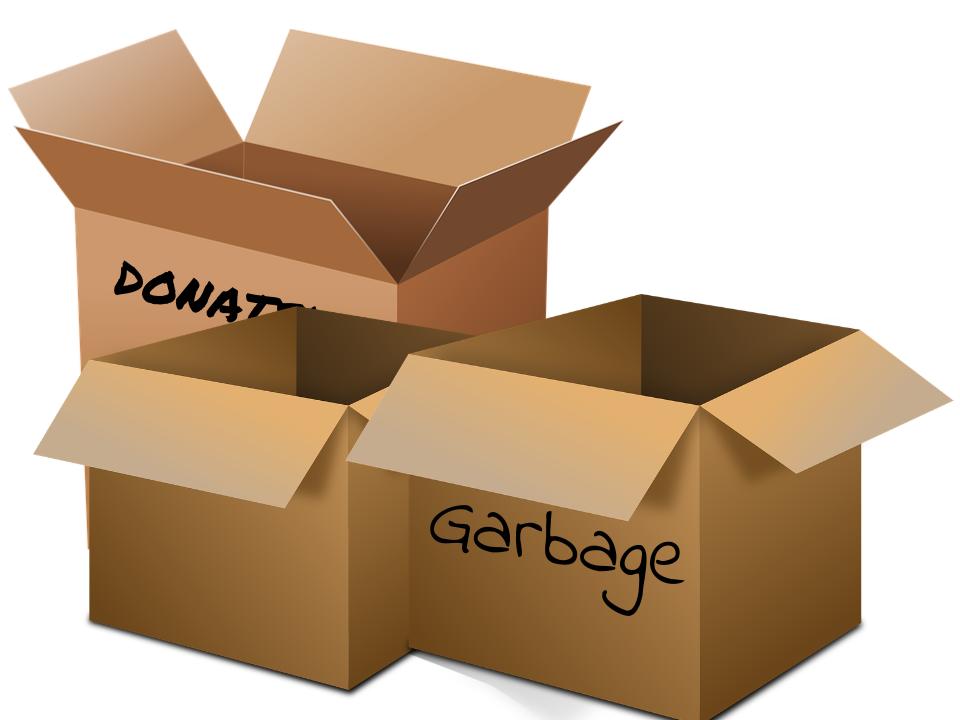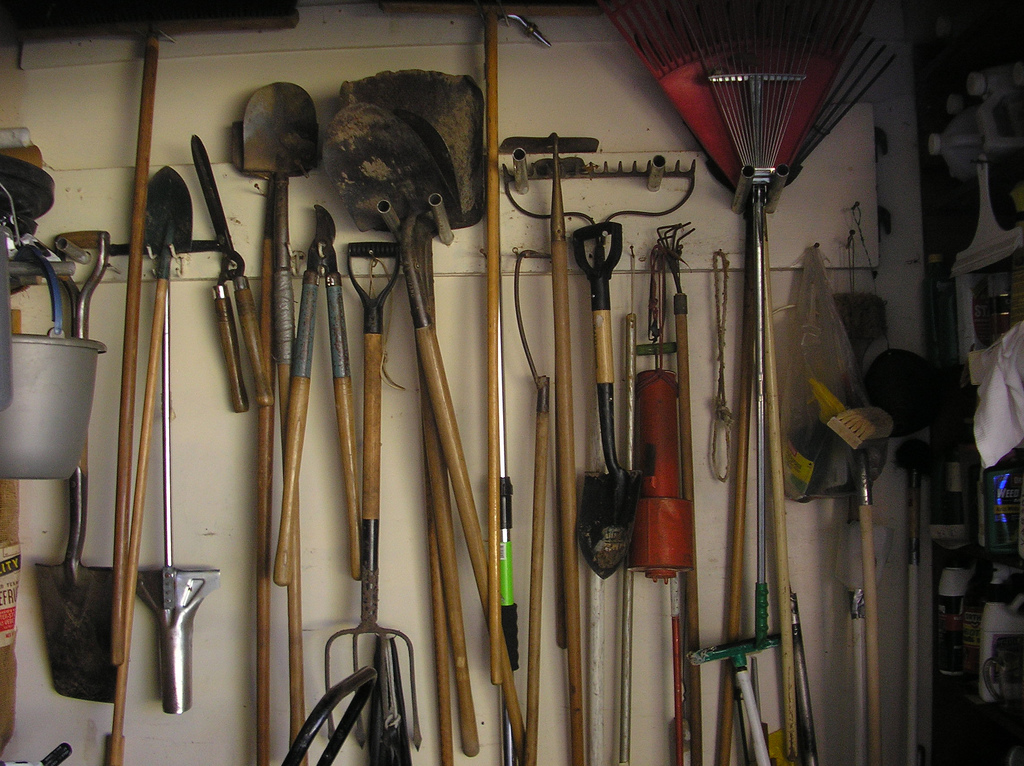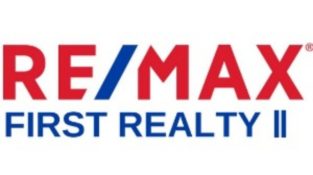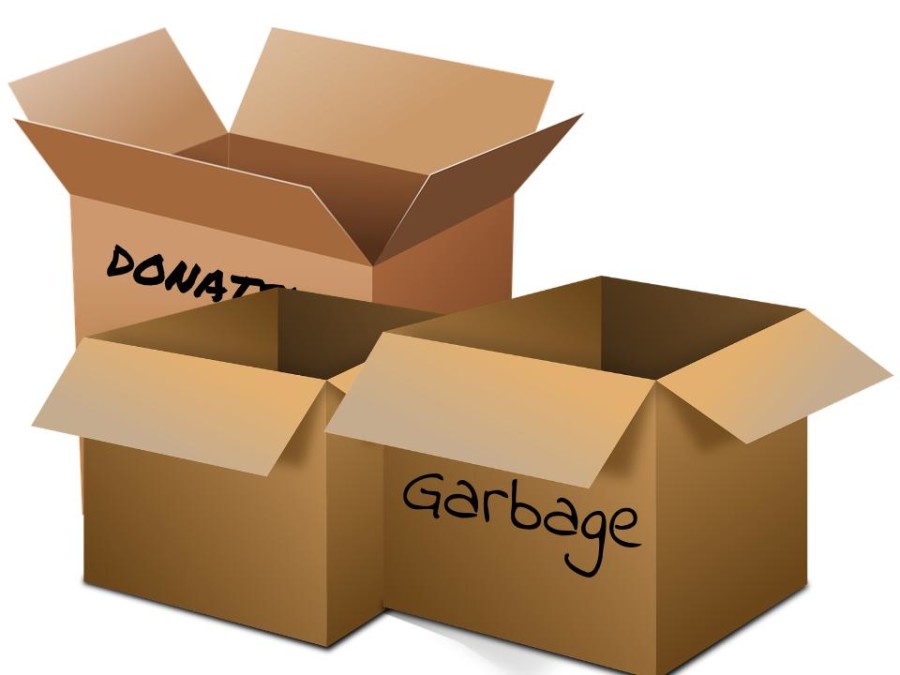Downsizing your Clutter
When you downsize, you have less space for clutter. Prepare for downsizing now by eliminating things you don’t want to take with you. As a general rule of thumb, the average downsizer will only take about ⅓ of their possessions to their new home. Empty every cabinet and closet – one at a time – and decide what to do with it. Don’t attempt to tackle the whole house in one day or even one week. One cabinet or one closet a day is plenty.
Many people find it helpful to make three piles:
- Things to keep – These are things you either use or want to keep for sentimental value. Your goal is to keep this pile small – remember, about ⅓ of all of your possessions stay. The rest do not. One good idea is to keep the sentimental things you can’t bear to part with and be more heavy handed with the things you’re less attached to. Another good tip is to bring in a trusted friend who will look at the pile of things you can’t possible get rid of and offer a more objective opinion, i.e. “Why do you need your dress from senior prom?”
- Things to sell/donate – If it has value but isn’t something you want to take with you, then you can sell to make some money or donate it.

- Things to throw away – If it’s chipped or broken or stained, it goes into the garbage – charities don’t want it and no one will buy it.Throw away holiday lights that are broken, clothes with rips, Tupperware without lids (and lids without Tupperware), and anything that can’t be sold by a charity.
- Things to give away -If there are items you’re holding on to give to someone or leave in your will as a legacy, consider gifting the item now. There are a few benefits of this approach. First, you eliminate the clutter. Secondly, you can gain a tax benefit if it’s an expensive item. And, finally, you get the pleasure of seeing the recipient enjoying your gift.
Don’t have a maybe pile – just decide and move one. If you can’t decide, ask yourself if it’s worth the cost of moving it – movers often charge by the box. Still can’t decide? Ask yourself if you would replace it if it were lost in a fire? If not, then toss it, donate it, sell it, or give it away.
When should you start your decluttering?
Start to declutter when you’re thinking it might be time to downsize soon. To declutter thoughtfully is not a quick and easy task. You probably want to allow one work day for each cabinet or closet and several work days each for your basement, garage, and attic.
So work backward. Imagine you are willing to spend three hours every Saturday decluttering one location of your home. If you want to move in August of 2018, you have 52 weeks left. At a rate of one cabinet or closet per week, plus another several Saturdays for the basement, attic, and garage, will you be done on time?
Things you need to manage:
- Paper – According to the IRS, you need to keep your tax records for 3 years from the date you filed your original return or 2 years from the date you paid the tax, whichever is later, if you file a claim for credit or refund. Keep records for 7
 years if you file a claim for a loss from worthless securities or bad debt deduction. Anything older than that can be shredded. Union County offers mobile shredding days when residents can bring their confidential documents to be shredded and disposed – click here for the dates.
years if you file a claim for a loss from worthless securities or bad debt deduction. Anything older than that can be shredded. Union County offers mobile shredding days when residents can bring their confidential documents to be shredded and disposed – click here for the dates. - Photos – If you, like me, have dozens of boxes of photos in your attic, going through them is a chore you’ve been dreading. Don’t try to do it at once. One box a day is reasonable. As you go through the photos, throw away the blurry ones or the ones of people you can’t recognize. Make piles of photos to give to family members or friends. My parents made photo albums of our childhood photos for me and my sisters and then gave them to us as they became empty nesters. Consider digitizing photos. If you have a scanner, this is easy. If you don’t have a scanner, you can buy one for under $200 or you can use a professional service for about 50 cents per photo. Even better, buy a scanner and then hire a grandkid to do it for you.
- Extra furniture –
 In the house where we raised our children, we have a family room, a living room, a formal dining room, an office, and 4 bedrooms. That’s a total of 5 couches, 7 end tables, 2 coffee tables, 3 desks, two arm chairs, two rocking chairs, and a full dining set not to mention the 6 televisions and television cabinets. For us, downsizing will mean choosing our favorite sofa and end table or two and getting rid of the rest.
In the house where we raised our children, we have a family room, a living room, a formal dining room, an office, and 4 bedrooms. That’s a total of 5 couches, 7 end tables, 2 coffee tables, 3 desks, two arm chairs, two rocking chairs, and a full dining set not to mention the 6 televisions and television cabinets. For us, downsizing will mean choosing our favorite sofa and end table or two and getting rid of the rest. - Kitchen wares – Empty every cabinet and see what you have duplicates of. When we got married, we each had a full kitchen which combined to make our (now overstuffed) kitchen. We have 4 pasta pots, 7 or 8 frying pans, a dozen or so spatulas, 3 colanders, and at least a dozen mixing bowls. Many families have 4 or 5 sets of dishes, enough coffee mugs for an army, and 9 or 10 vases. No one needs that much stuff, and when we downsize, we can’t have that much stuff. Time to pick what we want to keep and get rid of the rest.
- Garage –
 If you’re downsizing to a condo, you won’t need snow shovels, lawn mowers, rakes, shovels, ladders, chain saws, and so on. Keep the hand tools (but no more than 1 or two hammers, please) but lose the rest. You also won’t need to bring the kids’ old sleds (perhaps it’s time to hand them down?) or the 6 feet of spare pvc from a project you did in the 1990s.
If you’re downsizing to a condo, you won’t need snow shovels, lawn mowers, rakes, shovels, ladders, chain saws, and so on. Keep the hand tools (but no more than 1 or two hammers, please) but lose the rest. You also won’t need to bring the kids’ old sleds (perhaps it’s time to hand them down?) or the 6 feet of spare pvc from a project you did in the 1990s. - Clothes – If you’re retired, donate, sell, or discard your work clothes. If you have clothes that no longer fit (of course you do) or are no longer in style (ask your kids, they’ll tell you), then donate, sell or discard.
- Exercise Equipment – Do you still use it? If yes, keep it. If not, sell or donate or trash.
- Childhood memorabilia – Hold on to the things you love. Take digital photos of the rest and donate them so someone else can love them.
- Books, magazines, DVDs – If you’re not going to read it or watch it again, donate, sell, or trash it.
- Medicine – Do not flush or throw unused or expired medicine into the trash. They will contaminate the water supply. Your local drugstore will dispose of these items responsibly, free of charge.
As you empty each cabinet, your home will start to feel lighter and brighter. Not only are you making it easier to move, you’re making it easier to sell your home and making it easier to live there in the meantime.
Earlier posts in our Downsizing Series:


